“I’m a human being with a conscience, and when I see murder I cannot stand by. And I have to call the murdered the murdered and I have to call the murderers the murderers.” The above remarks were made by Quentin Tarantino at a rally in New York a couple of weeks ago. Since then, controversy has rippled outward from the incident like shock waves from the epicenter of an earthquake.
Given that Tarantino makes a living by turning his personal blood-drenched, violent fantasies into film, it might seem a little strange that such a relatively conservative statement (by his standards) would generate so much backlash.
Except that the “murderers” he’s referring to are none other than police officers. Whoops.
Born in the wake of the acquittal of Trayvon Martin’s killer in 2013 and spurred on by the shooting of Michael Brown in Ferguson, Missouri in 2014, the slogan #BlackLivesMatter quickly shot to the top of Facebook and Twitter’s lists of trending hashtags. And over a year later, the movement has yet to die out despite its initial hype abating slightly. In fact, #BlackLivesMatter has sparked a virtual epidemic of protests against police brutality and racial profiling. These protests, in turn, have manifested on social media in the form of countless homemade videos exposing police violence against African Americans – police tackling teenagers in classrooms, police sitting on youths at birthday parties, etc.
It is a little-known fact that politics, like the natural world, are subject to the laws of physics. In accordance with the rules of thermodynamics, #BlackLivesMatter quickly elicited an equal and opposite reaction in the form of #AllLivesMatter – more of a semantic protest than anything else.
As multiple social media users have pointed out, saying that Black lives matter does not, in any way, imply that all lives don’t matter – merely that Black lives, being the longtime targets of oppression and injustice at the hands of whites, are the focus group in question right now. As one Facebook user snarkily pointed out, “Getting upset about the #BlackLivesMatter hashtag is like getting upset at the #SavetheRainforests hashtag and demanding that it be changed to #SaveAllForests. Of course all forests deserve to be saved, but since the rainforests are diminishing most rapidly, they deserve our specific attention right now.”
Others have taken a more moderate stance, maintaining that while a few members of the police force have undeniably engaged in rampant abuse of their power, there remains a much larger number of anonymous good cops – men and women who joined the police force for the right reasons and who go about their daily work quietly and honestly.
It’s become such a contentious, divisive issue that Anderson Cooper, when moderating the Democratic Debate, subjected the hopeful presidential candidates to the remarkably tricky question, “Do Black lives matter, or do all lives matter?” Careful there, Hillary, Bernie – one misstep and you’re a goner. (Bernie, eager to maintain his status as a crowd-pleaser, strongly affirmed, “Black lives matter.”)
In any sociology or criminology class, you’ll discuss famous past instances of police brutality and learn about the two different theories of what motivates officers to engage in unlawful or cruel acts: the first being that the nature of the job attracts a certain type of person – someone who, while excellent at following orders, takes a certain amount of pleasure in the use of force or violence.
The second theory holds that the pressures of being a cop, the constant exposure the members of the metaphorical “bottom of the barrel” (that is, your homeless drug addicts, drunk drivers, petty criminals, perpetrators of domestic violence, etc.), and the underappreciated nature of their profession all exert a hardening pressure on even the most well-intentioned, psychologically healthy cops, eventually leading them to commit acts of violence because they have come to expect the worst from the people they are trying to apprehend.
Meanwhile, police across the country have declared their intentions to boycott Tarantino’s upcoming film (“The Hateful Eight”) and have called for solidarity in the effort. Tarantino seems unfazed (I mean, you probably would be too if you already had a host of successful films and millions of dollars under your belt) – more likely, he’s shrewd enough to understand that when it comes to the box office, no press is bad press.
Remember “50 Shades of Grey”? It doesn’t matter that half the people who went to see the movie only went to mock it – they still went, which means they still bought tickets, which means the moviemakers profited. Tarantino did, however, respond to the accusations against him by declaring, “All cops are not murderers. I never said that. I never even implied that,” to the Los Angeles Times. We can only assume that all is the operative word in that statement, given the forceful and unambiguous nature of his original words.
And, while there’s no denying that the underlying racist tendencies in American society need to be addressed, the political climate that birthed #BlackLivesMatter is, in many ways, just as important as the catalysts themselves. We need to ask ourselves, Why now? Racially biased crimes have been happening fairly regularly for a long time now and have, until now, been more or less swept under the rug. Why not five years ago, or two years ago? Why 2015?
As a teenager, did you ever come to the sudden, jolting realization that you were not in any way in control of your life? That there was no part of your body that seemed to move autonomously? As a high schooler, your days, afternoons and often weekends are predetermined.
You go to classes that your school selects for you, eat food prepared for you by your parents – even the way you spend your free time is generally dependent on the transportation available to you (if you’re under 16) or your curfew (if you’re over 16). The realization of this oppression causes a lot of teenagers (and don’t lie, you were one of them) to act out, to rebel in a plethora of different ways: some start having sex, some start experimenting with cigarettes and/or alcohol, some sink into an angsty phase that lasts months or years—the possibilities are endless.
What if the American population is doing the same thing? What if, as scandal after political scandal is exposed, we’re starting to come to the disturbing realization that we aren’t the ones calling the shots in our so-called democracy?
We lost our illusions of privacy when Edward Snowden ratted out the NSA. We lost our illusions of safety and security when Michael Brown was gunned down in Ferguson for no apparent reason. We lost our illusion of choice when Planned Parenthood was nearly defunded.
We lost our faith in politicians when we realized that voting for a candidate in the next presidential election would be a matter of choosing the least of multiple evils rather than choosing someone who embodied our political/ideological views. The American people are justifiably jaded, distrustful, and confused. When the opportunity presented itself, we took our chance and reacted strongly with #BlackLivesMatter – and kept reacting. And probably will continue to react until we get results.
I am not trying to mitigate the heart of #BlackLivesMatter in any way, shape, or form. We do not live in a racism-free country, and #BlackLivesMatter, with its concomitant examination of police-perpetrated abuses of power, is both long overdue and entirely necessary. I am saying that a significant amount of the momentum behind #BlackLivesMatter stems from America’s pre-existing frustration with its government.
If we accept that to be true, it’s only logical that the police, as the most accessible extension of the so-called Establishment, would be the first to feel the brunt of the masses’ displeasure. And Tarantino? He’s just that mouthy kid in drama class who has an uncomfortable habit of saying what everyon


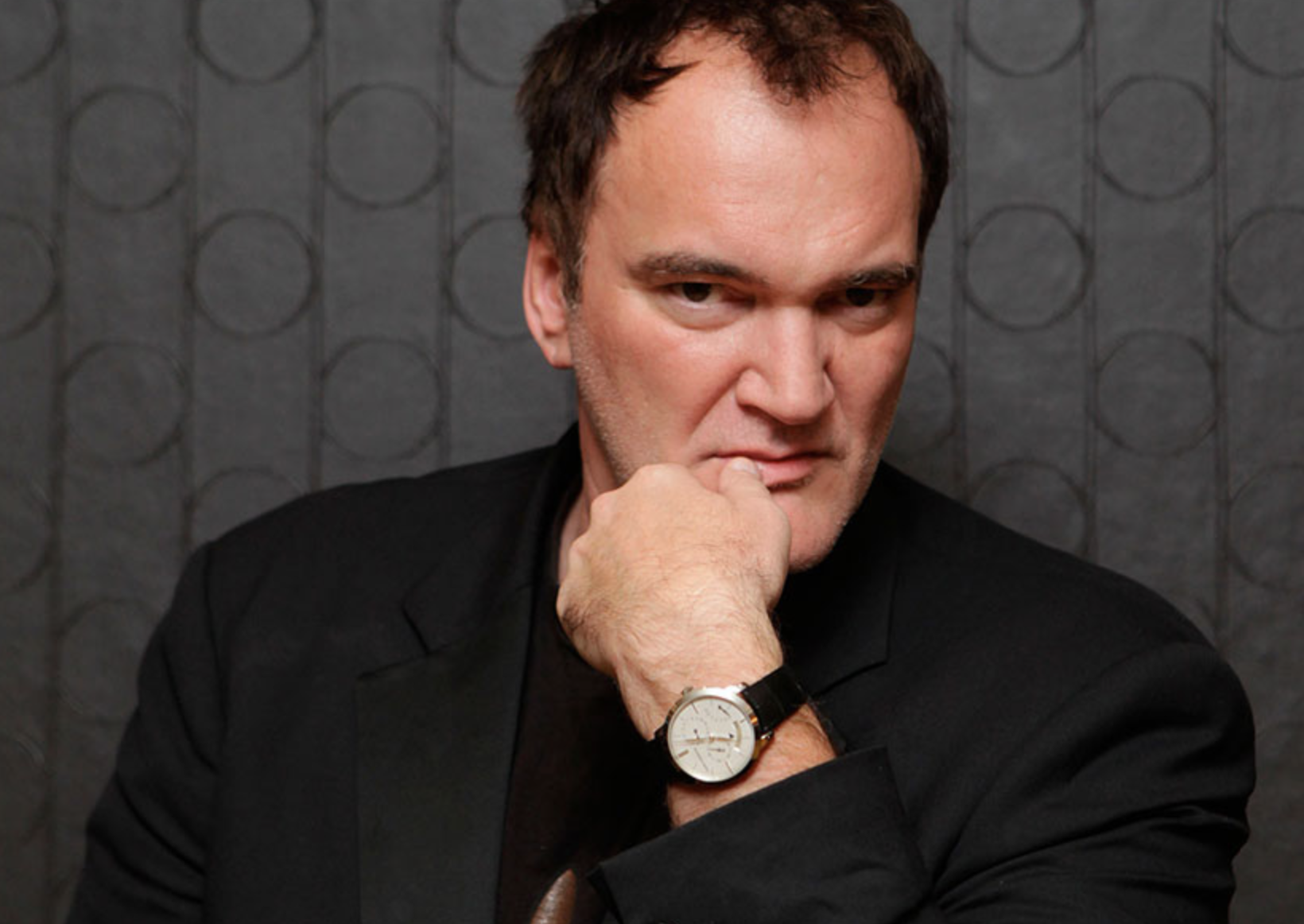

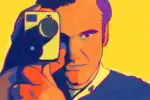
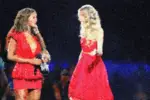
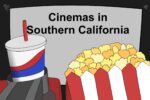
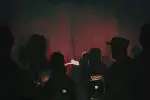
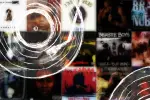
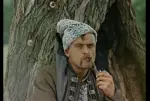

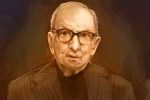





I am a Mexican man who has lived his whole life in Salt Lake City, Utah, other than 5 years in Dallas, Texas! (Coolest place I have lived!) Utah is cool, for the nature and beauty but… If you are a minority or out of the normal? They will shut you down! Immeadeatly!!! I have been charged with “terrorism threats and have been arrested SEVERAL times for bullshit charges just because I try to speak my mind! I am an American just like everyone else right???